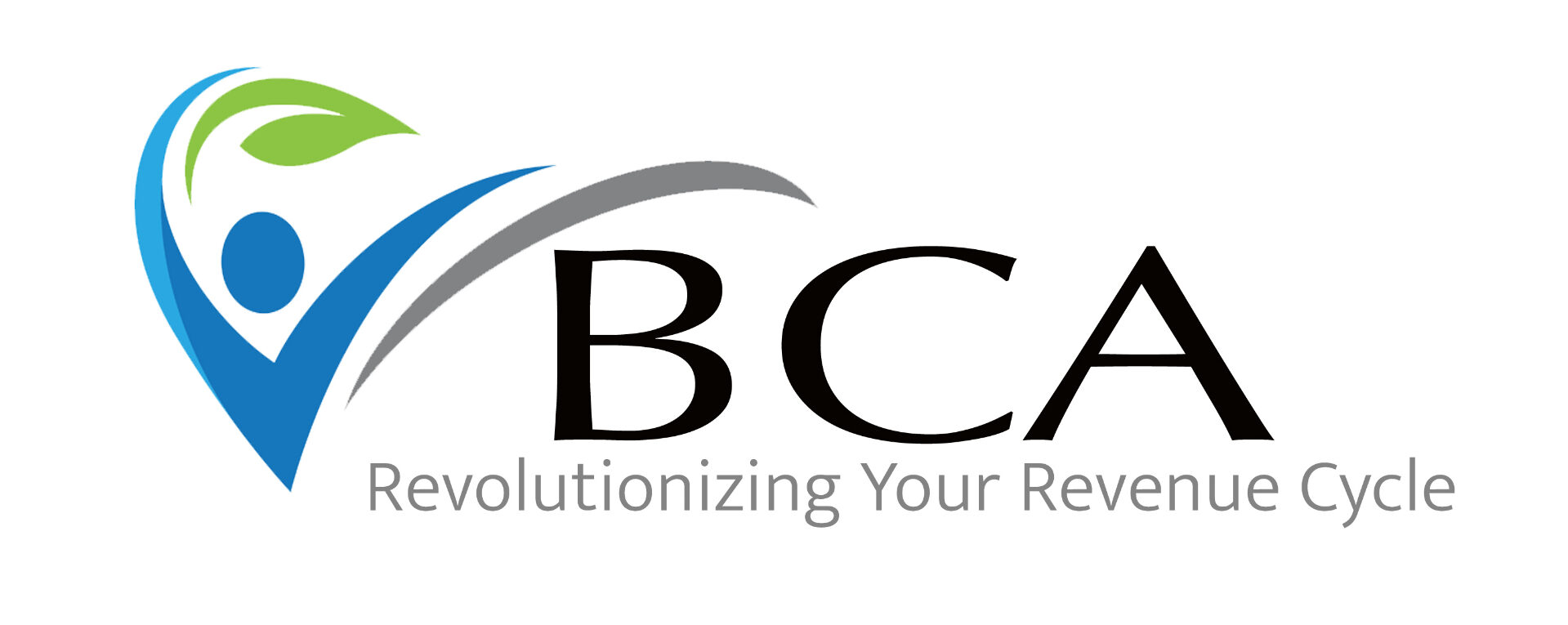The Medicare Advantage (MA) program has faithfully expanded access and choice for millions of seniors and beneficiaries. But with growing enrollment, the Office of Inspector General (OIG) has flagged a concerning vulnerability: schemes that improperly influence enrollment to boost Medicare Advantage Organization (MAO) profits.
What Are Enrollment Manipulation Schemes?
OIG describes several troubling practices:
- Enrolling people without consent. Beneficiaries may be switched into MA plans without their express authorization.
- Biased incentives for agents. Compensation strategies may discourage enrolling individuals with disabilities or complex needs, favoring healthier populations.
- Kickbacks to providers. MAOs or intermediaries might pay providers or broker networks to refer or enroll patients into particular plans.
These schemes endanger both taxpayer dollars and the well-being of enrollees. Because many such practices are hidden, OIG to date has identified them mostly through whistleblowers, leaving many unreported cases in the shadows.
OIG’s New Initiative: Data-Driven Detection
To address this gap, OIG has added a targeted project to its Work Plan titled “Medicare Advantage Enrollment Manipulation Schemes” (OEI-BL-25-00380). The goal: conduct large-scale analyses of enrollment and disenrollment data to spot aberrant patterns that may suggest improper influence by MA organizations.
By mining data, OIG aims to detect suspicious spikes, agent-by-agent anomalies, or unusual shifts in populations—signals of possible misconduct that would otherwise slip under the radar.
Why This Matters Now
This initiative comes amid a broader enforcement push:
- CMS has announced intensified audits of all Medicare Advantage contracts, accelerating reviews for payment years 2018–2024.
- OIG has also issued Special Fraud Alerts warning about improper marketing and referral payments in the MA space.
- Historic cases underscore real harm: for example, in one settlement, the operator of a skilled nursing facility admitted to disenrolling MA residents without consent and re-enrolling them in Original Medicare to increase reimbursement.
These trends underscore that no MAO or provider is immune: regulators are watching more closely, data tools are improving, and consequences are rising.
What Clinics and MAOs Should Do
- Review enrollment workflows to ensure every switch is documented and consented.
- Evaluate agent compensation plans to guard against discriminatory or exclusionary incentives.
- Audit referral and marketing agreements for compliance with anti-kickback and civil penalties rules.
- Monitor internal data for early warning signs—e.g. unusually high churn, selective disenrollments, or clustering of new enrollees by agent.
If your organization needs assurance that its enrollment, marketing, and referral practices comply with federal requirements, BCA offers specialized audit, education, and consulting support designed for MA plans, clinics, and provider networks. Let us help you proactively identify risk, strengthen controls, and stay ahead of regulatory scrutiny.
Schedule a consultation with one of our experts.

